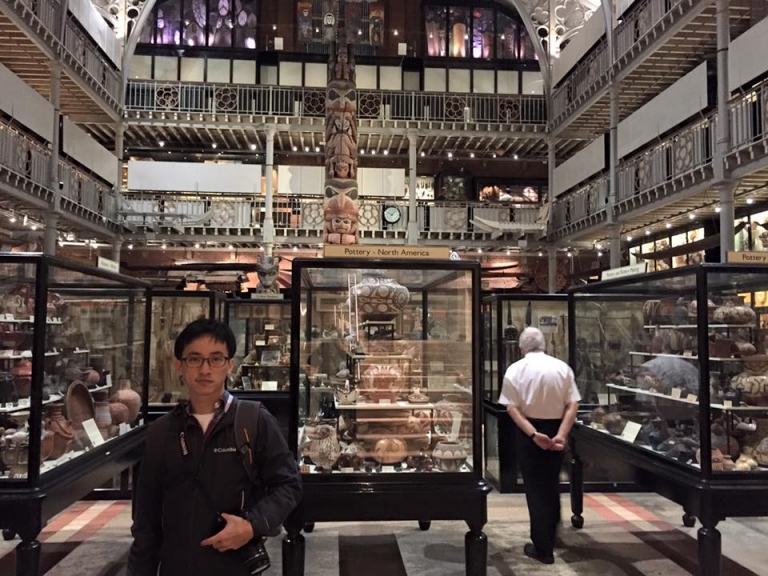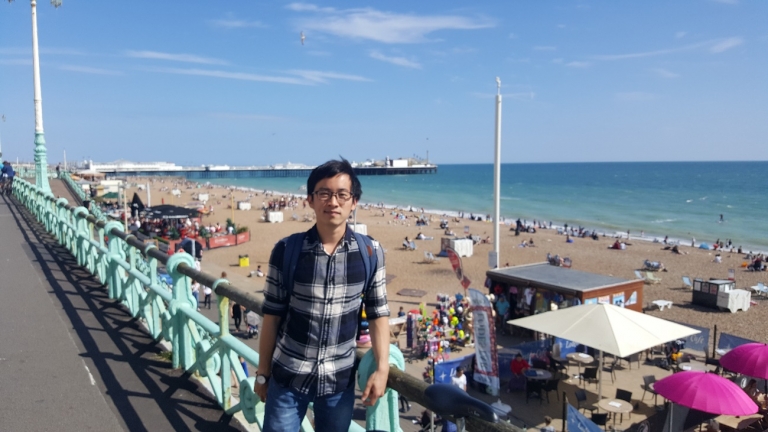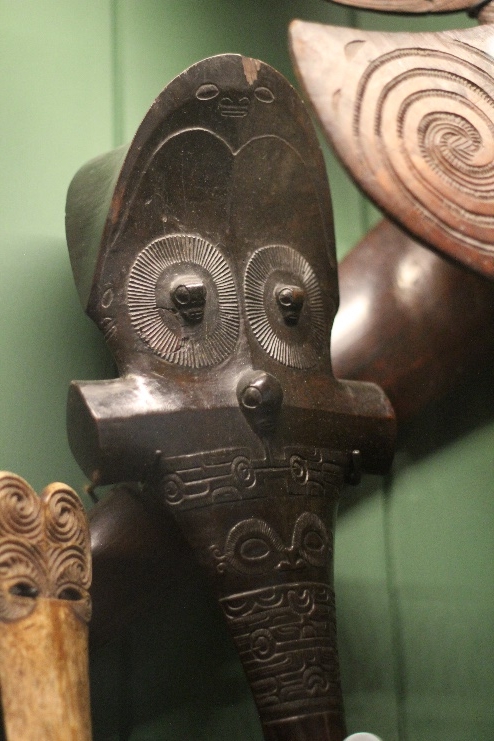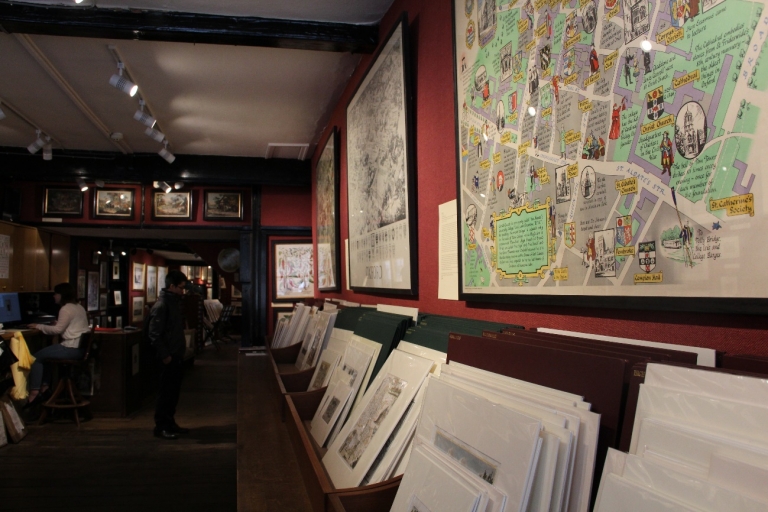Marrying the Best of Engineering and Anthropology

Find out how our alumnus Shaun Lim (Class of 2015) married his interests in HASS with his background in engineering to chart an unconventional yet exciting path for himself.
What motivated you to study anthropology, since it is quite a departure from engineering?
I was already drawn to SUTD due to its emphasis on the humanities, arts and social sciences, though it was not my intention to switch to anthropology. During my sophomore year, I was particularly passionate about the film, 2001: A Space Odyssey (as a budding engineer and humanist) and its director, Stanley Kubrick. I was fortunate that my HASS tutors, Dr Michael Reid and Dr James Rowlin were quite accommodating and encouraged me to explore the many facets of this sci-fi classic. This introduced me to Freud (my peers got rather amused by this) and Nietzsche – the latter became greatly influential in my thinking. At some point in my third year, I began considering doing a masters in the humanities or social sciences. Through I dealt with numbers in engineering, I was ironically not a fan of big data, and thought that thick, ethnographic description was more epistemologically honest and creative.
After my graduation, I decided to take my chances and became committed to pursuing an anthropology post-graduate programme with support and guidance from several of the HASS Faculty (Dr Michael Reid, Dr James Rowlins, Dr Alastair Gornall, Dr Samson Lim, Dr Pang Yang Huei, Dr Gabriel Tusinski and Dr Lyle Fearnley). Looking back also, my grit and persistence to study anthropology was partially driven by my naivety and romantic impressions of the discipline, not having been jaded or discouraged by a standardised and formal education regime (say if I had studied sociology formally). Hence, it was probably the case that I got a place in Oxford because of my engineering background, rather than in spite of it. So, in retrospect, I had fun doing engineering and design and not studying something more aligned with my graduate programme.

Pitt Rivers Museum where most of my seminars were held

Graduation Day

Visiting Brighton
How has anthropology enriched your previous training in engineering at SUTD?
I am not exactly practicing engineering now, but I guess anthropology has made me more reflexive and critical about the assumptions and hype surrounding engineering, technological and design processes, e.g. the fluidity of art/artefact and aesthetic/social/cultural/technical distinctions.

Marquesan war club from the Pitt Rivers Museum; art or artefact?
How did your experience in SUTD prepare you for your graduate programme?
The human-centred design aspects that had some anthropological roots, may have matched a little. One influence that Engineering Product Development had for my graduate studies was probably my disposition to follow a relational model and ontology (i.e. people/things are their sum of relations) in my anthropological thinking, and I like to employ relationship and structuralist diagrams (that have mathematical sensibilities). But this isn’t so much of a match of skills but incorporating a particular way of thinking into a different discipline.

A simple diagram and graph used to illustrate the intersections between the theories of Alfred Gell and Walter Benjamin from an ethnographic perspective
My engineering and design background was implicitly relevant in some of the debates in my anthropology master’s programme which had a visual and material culture orientation. Certain debates came more naturally to me, such as the intangibility of the concept of materiality or art conceptualised as a technology of enchantment and/or symbolic cognitive traps. I was also able to use examples from my experiences of executing engineering and design projects for several class presentations and discussions. My initial research topic was actually to examine the construction of technical and aesthetic distinctions within design processes, though later by discovery and encounter as a flaneur, I did my fieldwork-based dissertation on the trading practices of antique-map traders in Oxford and London.

Fieldsite in Gloucester Green market, Oxford

Another fieldsite on Oxford High Street
What are your plans now that you have completed your graduate programme?
I am currently working under Dr Lyle Fearnley on a short term basis for one of his projects to design a smart platform to promote recycling rates in households. In the longer term, I am looking to get a job in the industry, something related to user-centred research.
What advice do you have for your SUTD juniors about making the most of their SUTD experience?
If I have to give any advice I would say: do not be trapped in a disciplinary/career/educational/life path because it is simply the ‘natural progression of things’.
